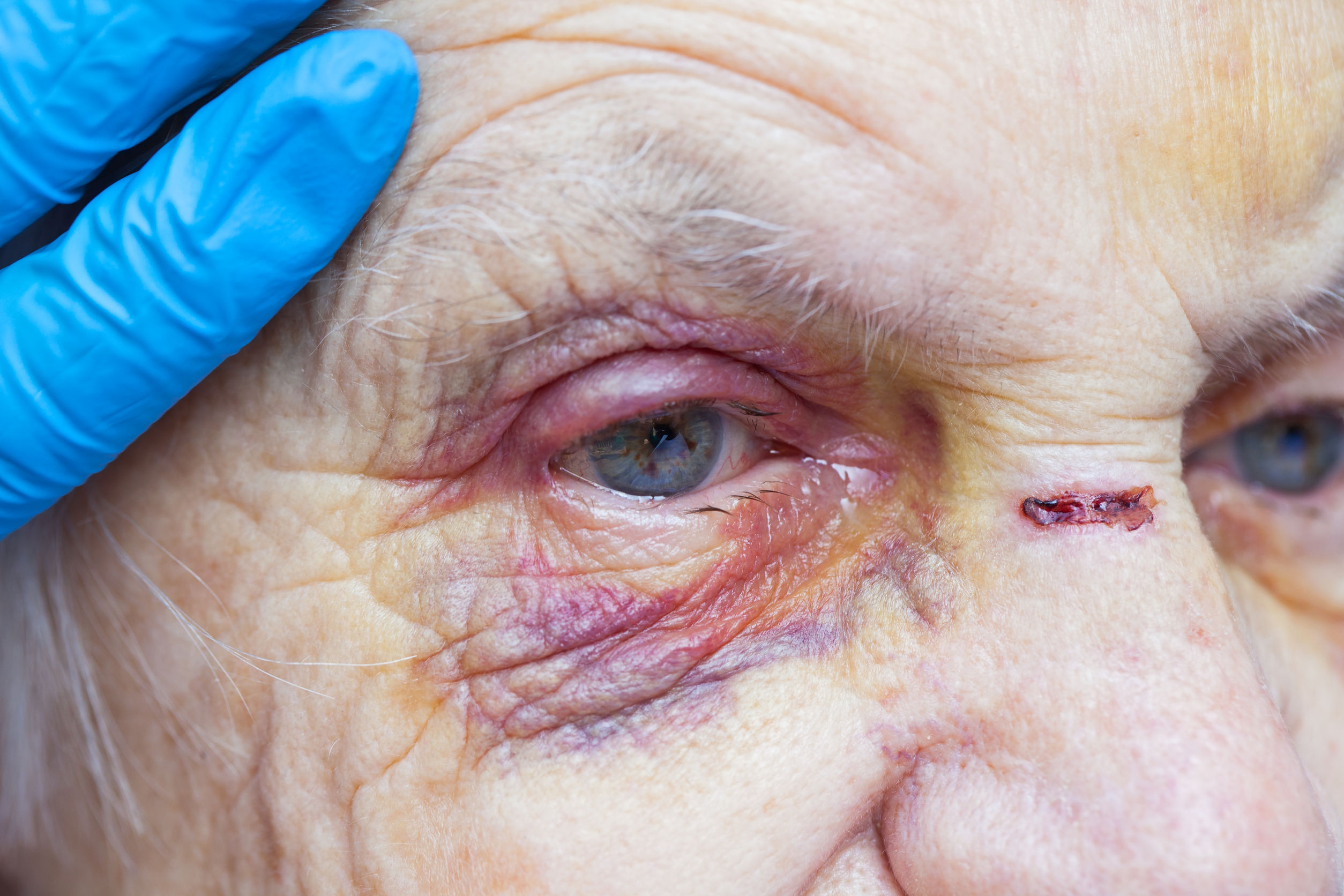Defining Nursing Home Abuse in NY
In recent years, nursing home abuse has been in the news a lot more, but sadly it is more prevalent than you may realize. It often goes unreported.
One way to help is to increase understanding of exactly what nursing home abuse is. Though there’s no official definition, elder abuse typically falls into one of the following five categories.
Financial Abuse
A perpetrator can financially abuse a senior by improperly or illegally using their financial assets. This can take several forms, including the following examples.
- Cashing the senior’s checks without permission
- Stealing money or property
- Identity theft
- Coercing the senior citizen into making financial changes or signing documents
- Diverting assets from the elderly
The risk for financial abuse rises if one of the family members caring for the elderly relative is experiencing financial troubles. This person may seize the elder relative’s assets for his/her own financial gain.
Watch for these warning signs of financial abuse:
- Bank statements no longer being sent
- Missing property or cash
- Caregiver has an addiction problem (drugs, gambling, shopping, etc.)
- Caregiver has no current income source
If you suspect financial abuse, report it right away and freeze accounts if possible.
Sexual Abuse
Some elderly patients – especially women – are victims of sexual abuse by perpetrators. These are some of the warning signs that sexual abuse may have occurred:
- Infections in the genital or anal areas
- Bruises in the genital area
- Bleeding from the genital area
- Discomfort when sitting or walking
Neglect
When an elderly patient’s needs go unmet, neglect may be the cause. The nursing home is obligated to provide personal care and hygiene, safety, food, drink and medications to your loved one.
Neglect can be passive or active. Passive neglect is unintentional, but still causes the elderly patient to suffer. This can happen if the nursing home is understaffed or improperly trained.
Active neglect happens when proper care is available, yet intentionally withheld from an elderly patient as a punitive measure. Neither type of neglect is excusable.
Signs of neglect include the following:
- Bedsores, rashes, and other skin problems
- Untreated medical issues
- Lack of hygiene
- Dehydration or malnutrition
- Lack of clean bed linens, clothing, and/or facilities
Psychological or Emotional Abuse
This type of abuse is often difficult to detect. Emotional abuse may provoke fear, anxiety or anguish. If a perpetrator is belittling, threatening or harshly criticizing your loved one, emotional abuse may be occurring.
Physical Abuse
Physical abuse is the use of any physical force that causes bodily injury, impairment or pain. An elderly patient can be physically abused with various actions, including the following:
- Pinching, hitting, punching, beating, striking or slapping
- Pushing or shoving
- Shaking
- Kicking
- Burning
Perpetrators often assume the elderly victim has lost mental ability or the competence to understand what is happening when abuse occurs. Elderly patients with dementia, Alzheimer’s disease or other cognitive disorders may be particularly vulnerable to physical or other types of abuse.
Watch for physical signs like the following that may indicate physical abuse:
- Bruising
- Strange markings as from a belt or cord
- Abrasions
- Burns
- Fractures
It’s important to contact authorities immediately if abuse is suspected. In New York City, you should call 911, followed by a call to your local social service agencies (311). Thereafter, consult an experienced New York nursing home abuse attorney to pursue money damages and protect your loved one from further harm. If you think someone you love has experienced nursing home abuse, reach out today\\ for a free case review.
This website contains “Attorney Advertising.” It is designed for general information only and should not be construed to be formal legal advice. Prior results cannot and do not guarantee a similar outcome. Please contact us by telephone or email. Be advised that using any method of communication to contact us does not create an attorney – client relationship. In order for this office to represent you, we must enter into a written retainer agreement. Simply contacting us does not create an attorney-client relationship. Please do not send any confidential information to this office until after a signed retainer has been entered into by you and this office.

